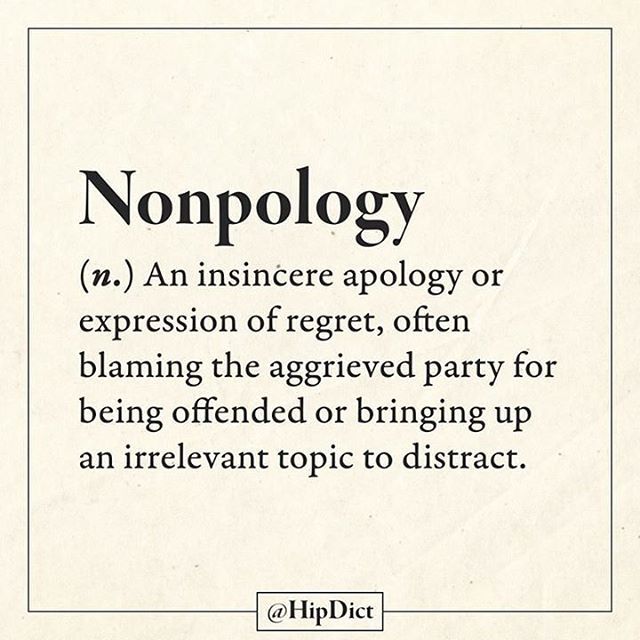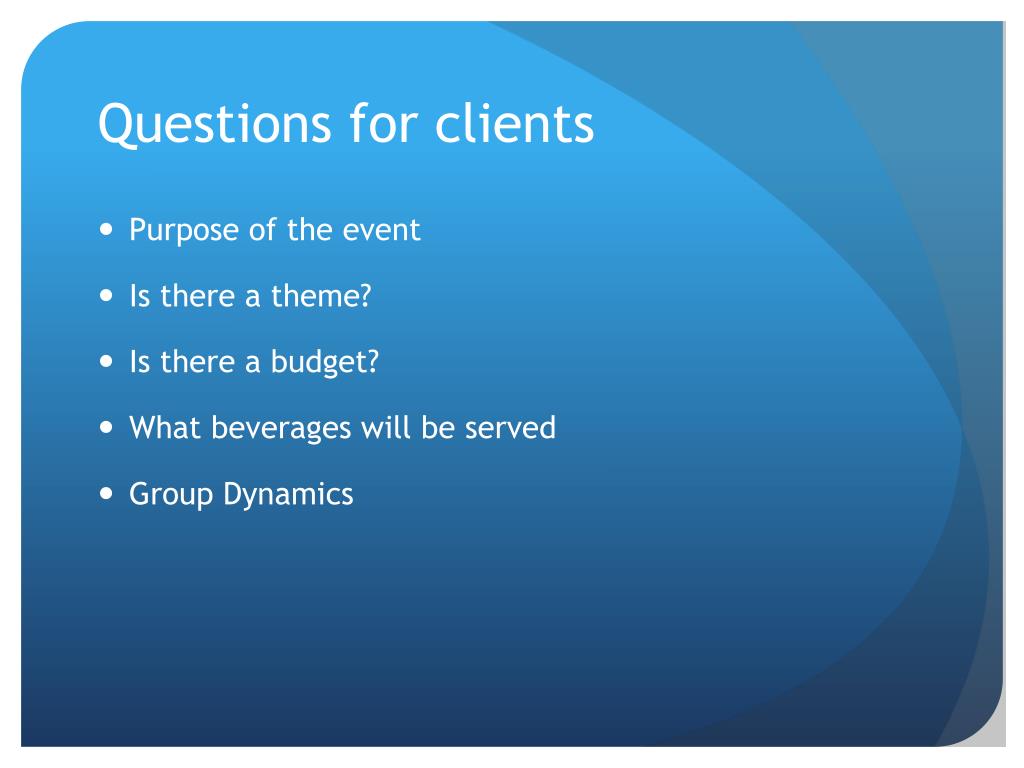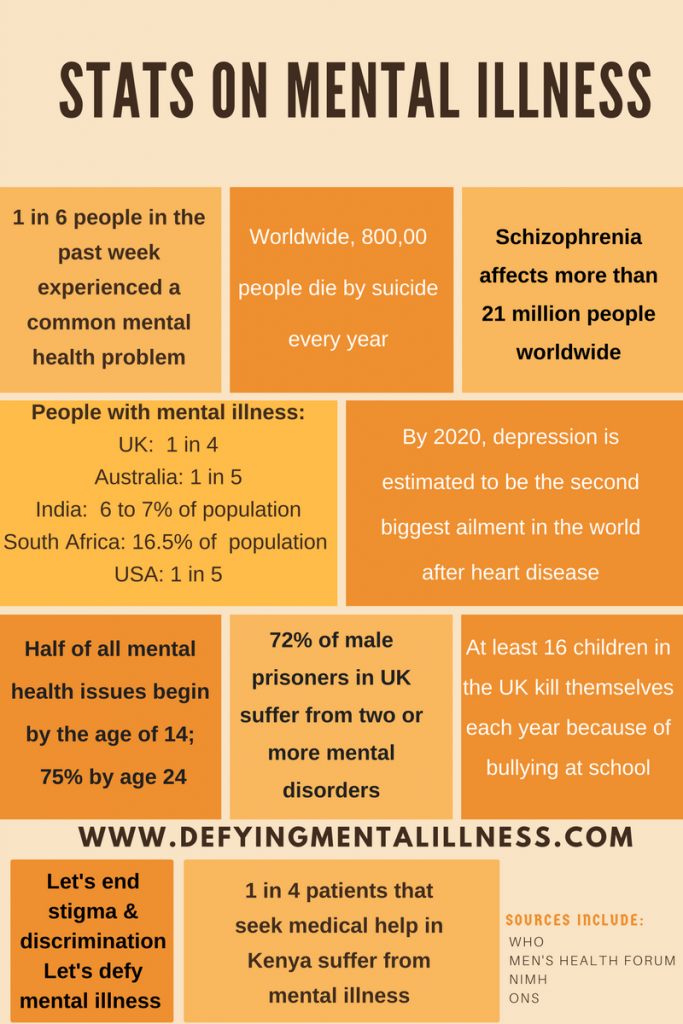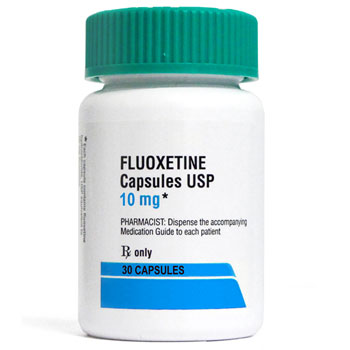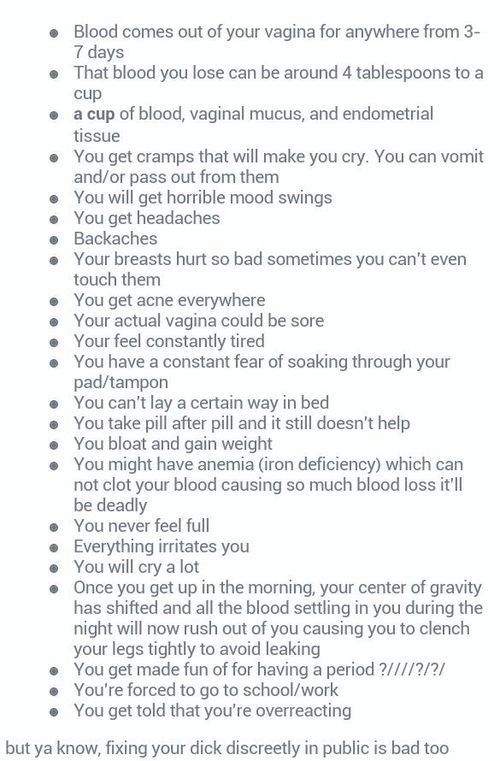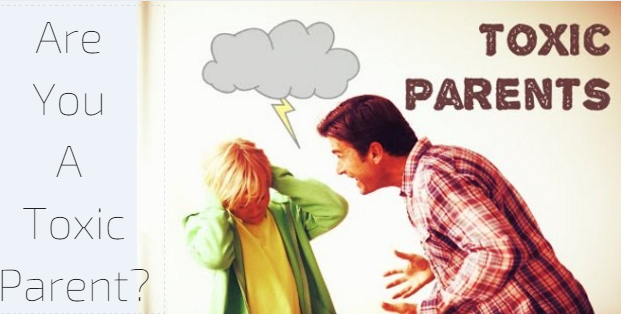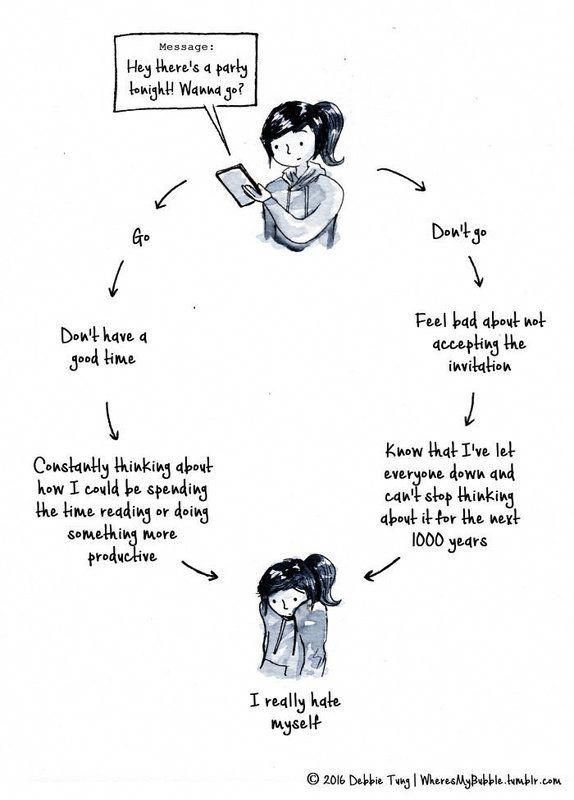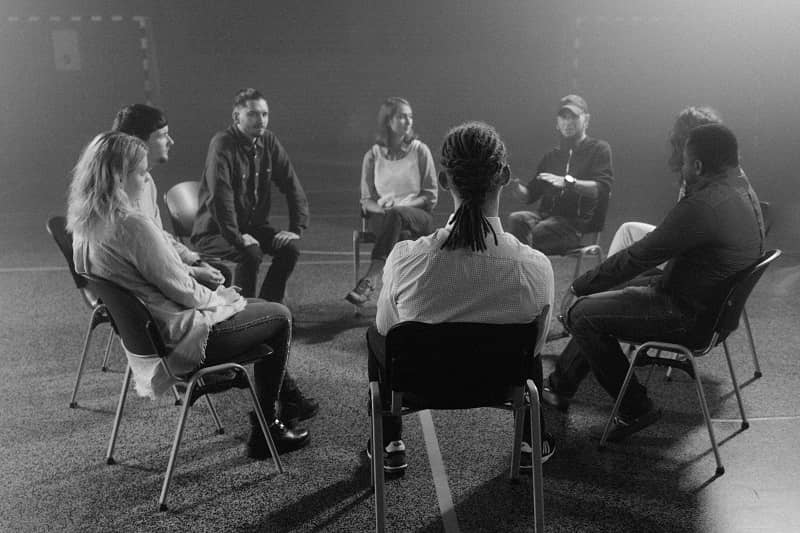Insincere apology examples
If someone's apologies start with any of these 12 phrases, they're being insincere
Sincere communication is an important part of any relationship, whether it’s romantic or platonic. And whether you need to give or receive apologies, knowing how to apologize is vital.
So how can you be certain that an apology is sincere and will help mend the wound or miscommunication?
Apologizing can renew trust, soothe hurt feelings, and return the lifeblood to a damaged relationship. But when someone hurts you and gives you a fake or insincere apology, it only makes things worse.
Here are 12 of the most common apologies that will fail to heal your relationship:
1. “I’m sorry if…”
This is a conditional apology. It falls short of a full apology by suggesting only that something “might” have happened.
Examples:
- I’m sorry if I did anything wrong.
- I’m sorry if you were offended.
2. “I’m sorry that you…”
This is a blame-shifting apology. It’s no apology at all. Rather, it puts the onus on you as the problem.
Examples:
- I’m sorry you felt hurt.
- I’m sorry you think I did something wrong.
- I’m sorry you feel I’m so bad.
3. “I’m sorry, but…”
This excuse-making apology does nothing to heal the wounds caused.
Examples:
- I’m sorry, but most other people wouldn’t have overreacted like you did.
- I’m sorry, but other people thought it was funny..
- I’m sorry, but you started it.
- I’m sorry, but I couldn’t help it.
- I’m sorry, but there was truth to what I said.
- I’m sorry, but you can’t expect perfection.
4. “I was just…”
This is a justifying apology. It seeks to argue that hurtful behavior was OK because it was harmless or for a good cause.
Examples:
- I was just kidding.
- I was just trying to help.
- I was only trying to calm you down.
- I was trying to get you see the other side.
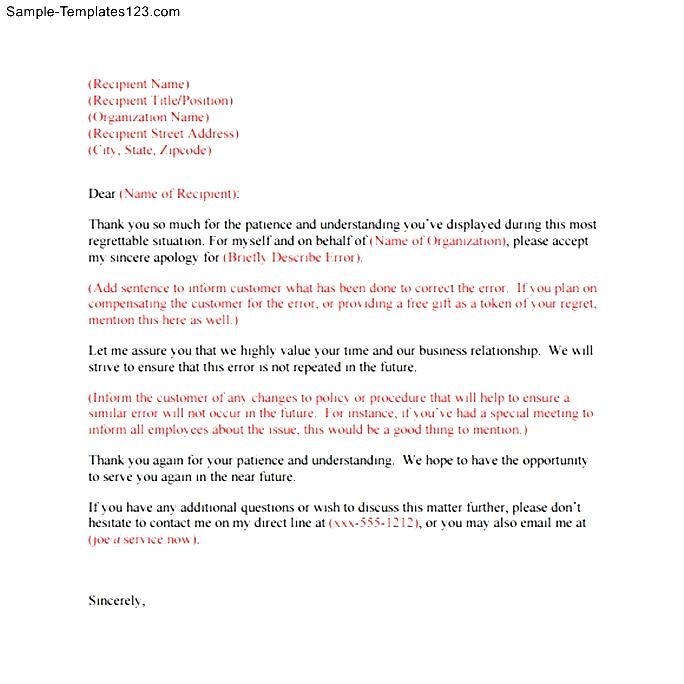
- I was just playing devil’s advocate.
5. “I’ve already said/done…”
This deja-vu apology cheapens whatever is said by implying that there is nothing left to apologize for.
Examples:
- I already said I was sorry.
- I’ve already apologized for that a million times.
6. “I regret…”
This sidestepping apology equates regret with apologizing. There is no ownership of their part in the situation.
Examples:
- I regret you felt upset
- I regret that mistakes were made
7. “I know I…” or “You know I…”
This whitewashing apology is an effort to minimize what happened without owning any hurtful effects on you or others. The whitewash may seem self-effacing but on its own, it contains no apology.
Examples:
- I know I shouldn’t have done that.
- I know I probably should have asked you first.
- I know I can be a bull in a china shop sometimes.
This nothing-to-apologize-for apology tries to talk you out of your feelings or imply that you shouldn’t be upset.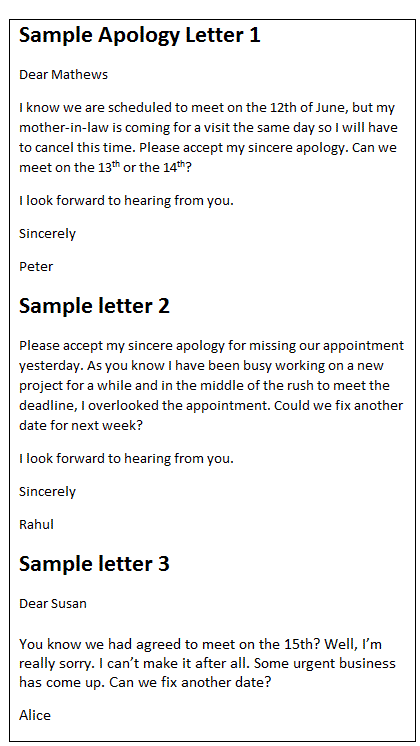
Examples:
- You know I’m sorry.
- You know I didn’t mean that.
- You know I’d never hurt you.
8. “I’ll apologize if…”
This pay-to-play apology is not a clean, freely offered apology. Rather, you have to pay to get it.
Examples:
- I’ll only apologize if you apologize.
- I’ll apologize if you agree never to bring it up again.
- I’ll say I’m sorry if you’ll just stop talking about it.
9. “I guess…”
This is a phantom apology. It hints at the need for an apology but never gives one.
Examples:
- I guess I owe you an apology.
- I guess I should say I’m sorry.
10. “So-and-So told me to apologize.”
This is a not-my-apology apology. The person is saying he or she is apologizing only because someone else suggested it. The implication is that it would have never happened otherwise.
Examples:
- Your mother told me to apologize to you.
- My friend said I should tell you I’m sorry.
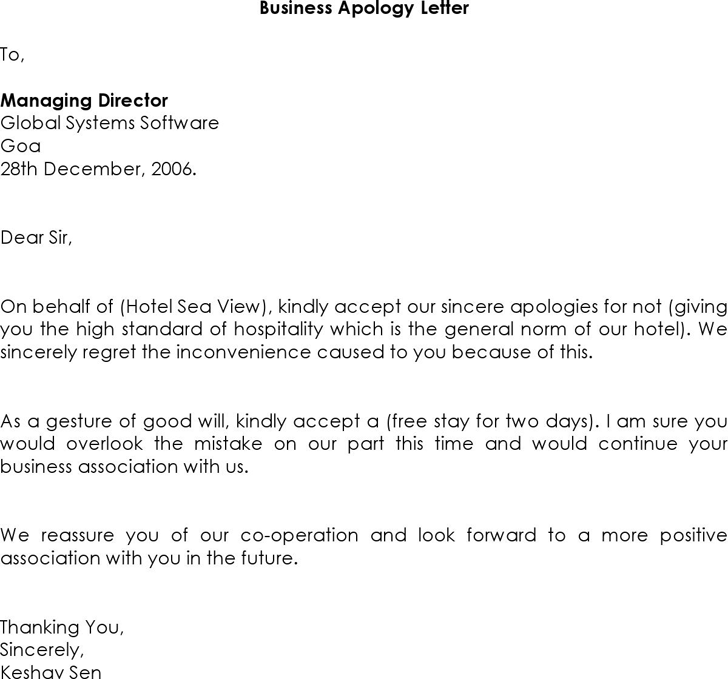
11. “Fine! I’m sorry, OK?!”
This is a bullying apology. Either in words or tone, you are given a grudging “I’m sorry,” but it doesn’t feel like an apology. It may even feel like a threat.
Examples:
- OK, enough already. I said I’m sorry!
- Give me a break, I’m sorry, all right?
A true apology, by contrast, has most or all of the following characteristics:
- Is freely offered without conditions or minimizing what was done.
- Conveys that the person apologizing understands and cares about the hurt person’s experience and feelings.
- Conveys remorse.
- Offers a commitment to avoid repeating hurtful behavior.
- Offers to make amends or provide restitution if appropriate.
An authentic apology starts with listening. If you seek to apologize, you first need to hear what happened from the other person’s point of view and how it affected them.
As therapist and author Harriet Lerner wrote, “No apology will have meaning if we haven’t listened carefully to the hurt party’s anger and pain.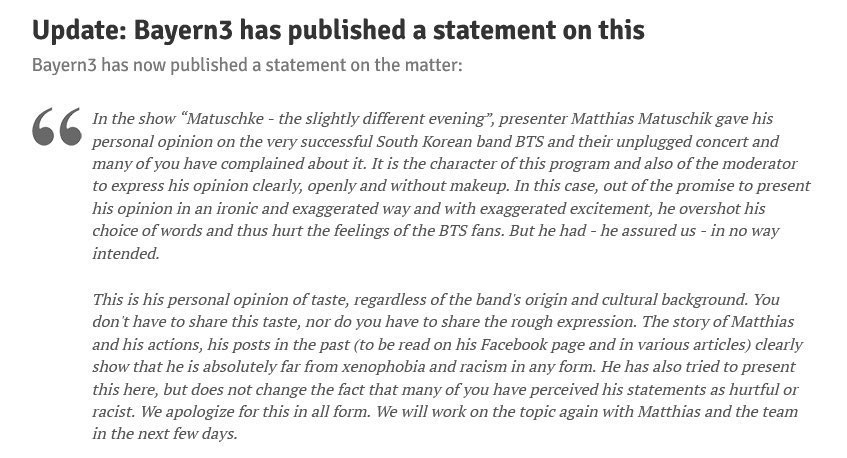 More than anything, the hurt party needs to know that we really ‘get it,’ that our empathy and remorse are genuine, that their feelings make sense, that we will carry some of the pain we’ve caused, and that we will do our best to make sure there’s no repeat performance.”
More than anything, the hurt party needs to know that we really ‘get it,’ that our empathy and remorse are genuine, that their feelings make sense, that we will carry some of the pain we’ve caused, and that we will do our best to make sure there’s no repeat performance.”
People issue faux apologies for several reasons. They may not believe they did anything wrong or just want to keep the peace. They may feel embarrassed and want to avoid their feelings.
They may feel shame about their actions, but feel unable or unwilling to confront their shame.
People who consistently fail to apologize may lack empathy or have low self-esteem or a personality disorder.
Whether you’re the one apologizing or the one receiving one, follow these rules to make certain the apology is sincere and well-intentioned in order to minimize hurt and help heal the wound.
DISCLAIMER: The Views, Comments, Opinions, Contributions and Statements made by Readers and Contributors on this platform do not necessarily represent the views or policy of Multimedia Group Limited.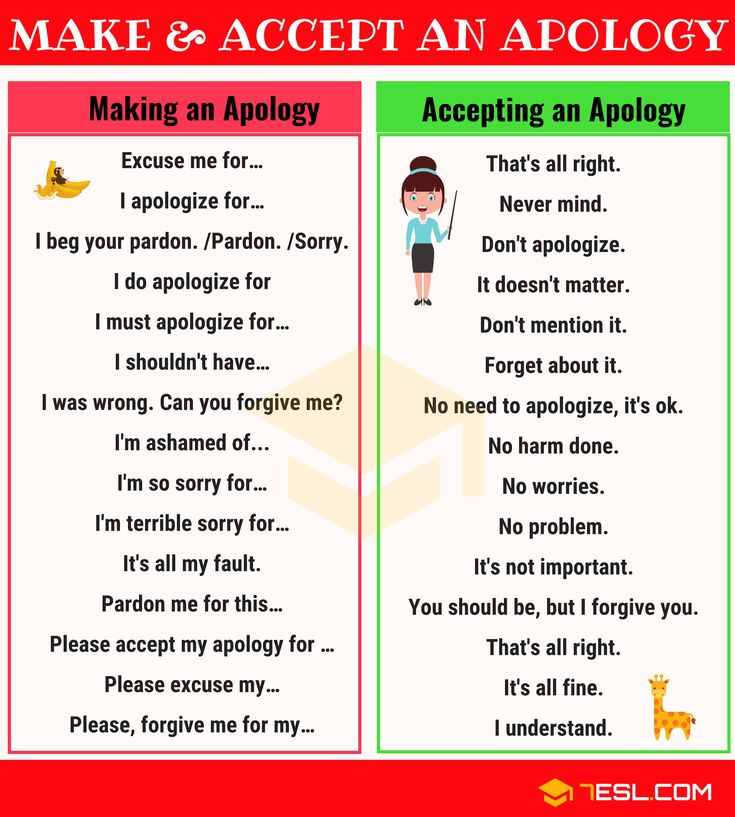
Tags:
Communication
13 Fake Apologies Used by Narcissists
Source: Mike Focus/Shutterstock
From time to time, nearly all of us make mistakes that hurt others. Fortunately, an earnest apology can soothe feelings, rebuild trust, and infuse healing into a damaged relationship.
Authentic and heartfelt apologies, however, are rarely given by narcissists.
Attending to others’ feelings or rebuilding trust are generally not narcissists' top priorities. Loath to admit mistakes, narcissists focus on preserving their image and protecting themselves from discomfort—regardless of the discomfort they cause others.
Apologies that begin with phrases such as “I'm sorry but” or “I'm sorry if” often lack authenticity. Such faux apologies seek to avoid responsibility, make excuses, downplay what was done, invalidate, confuse, or move on prematurely.
While many of us occasionally miss the mark in apologizing, a telling characteristic of narcissists is their tendency to refuse to apologize or to issue apologies that leave others underwhelmed, confused, or feeling even worse.
Here are 13 common fake apologies used by narcissists, along with examples of each:
The Minimizing Apology: "I was just..."
“I was just kidding.”
“I was just trying to help.”
“I was just playing devil’s advocate.”
Minimizing apologies pretend that hurtful behavior is harmless or done for a good cause.
The Shift-the-Blame Apology: "I am sorry that you..."
“I am sorry that you think I did something wrong.”
“I am sorry that you feel I am a bad person.”
“I am sorry, but maybe you’re just too sensitive.”
These empty apologies put the onus on the person who was hurt as the problem.
Source: Dan Neuharth
The Conditional Apology: "I'm sorry if..."
"I am sorry if something I said offended you.”
“I am sorry if your feelings were hurt.”
"I am sorry if I may have done anything wrong."
Conditional apologies fall short of a full apology, suggesting only that something may have been hurtful.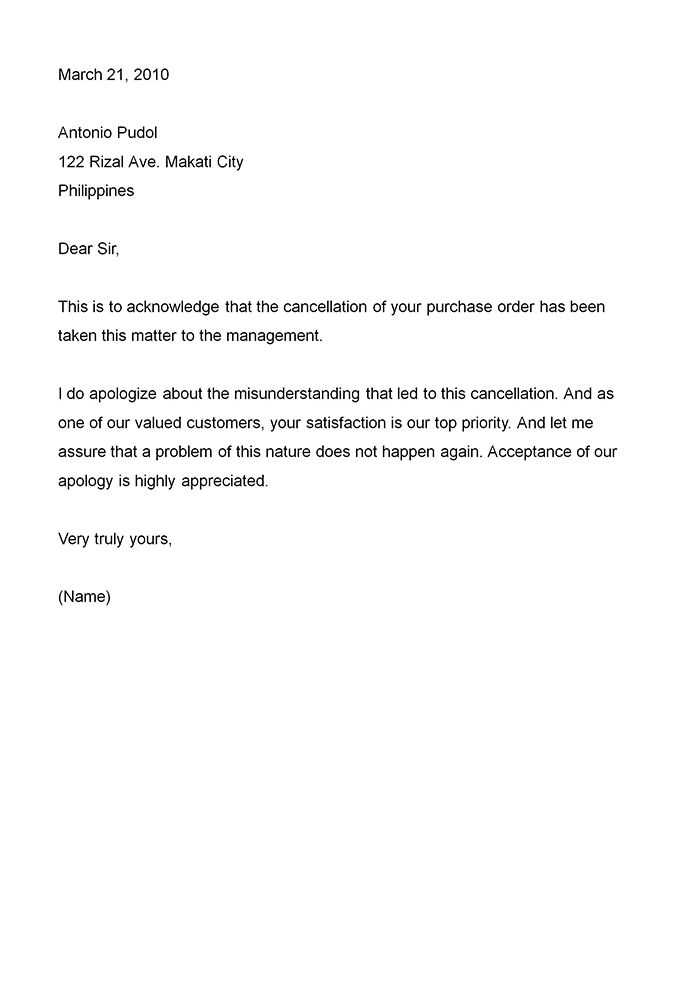
The Deja-Vu Apology: "I've already..."
“I already said I was sorry.”
“I have apologized for that a dozen times.”
Such statements do not contain an actual apology. They imply that the case is closed.
The Phantom Apology: "I regret..."
“I regret that you felt upset.”
“I regret that mistakes were made.”
Regret is a feeling. Apologizing is an action. Telling someone you regret what happened takes no ownership of hurtful behavior.
The Whitewashing Apology: "I probably..."
“I probably shouldn’t have done that.”
“Maybe I should have asked you first.”
Whitewashing apologies minimize any harm done by offering a self-effacing posture without owning up to the consequences.
The Nothing-to-Apologize-for Apology: "You know I..."
“You know I'd never hurt you.”
“You know I am sorry.”
“You know I didn’t mean that.”
These imply that you shouldn't be upset or try to talk you out of your feelings.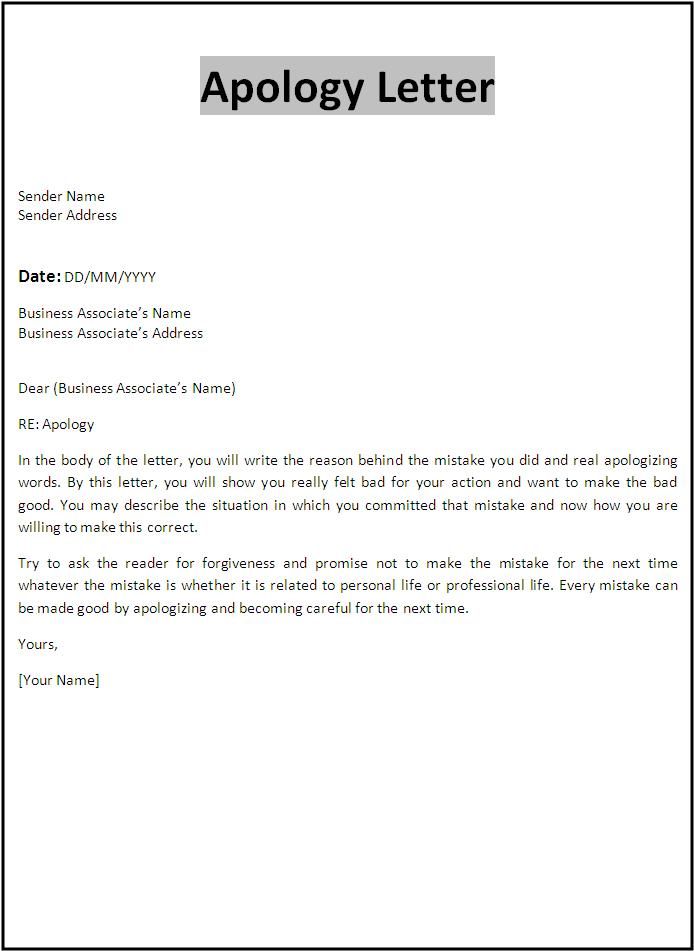
The Invisible Apology: "I guess I..."
“I guess I owe you an apology.”
“I guess I should say I am sorry.”
These hint at the need for an apology but don't actually offer one.
Source: Geralt/Pixabay
The Pay-to-Play Apology: "I'll apologize if..."
“I’ll apologize if you will.”
“I will apologize if you agree never to bring it up again.”
“I will apologize, but you have to forgive me.”
Narcissists are transactional. These are not clean, freely offered apologies; they are attempts at a quid pro quo.
The Not-My-Apology Apology: "I was told to..."
“Your mother told me to apologize to you.”
“My friend thinks I should tell you I am sorry.”
Such apologies suggest the person is apologizing only because someone else suggested it. You’re left wondering if the narcissist even believes they did something wrong.
The Takeaway Apology: "I am sorry but.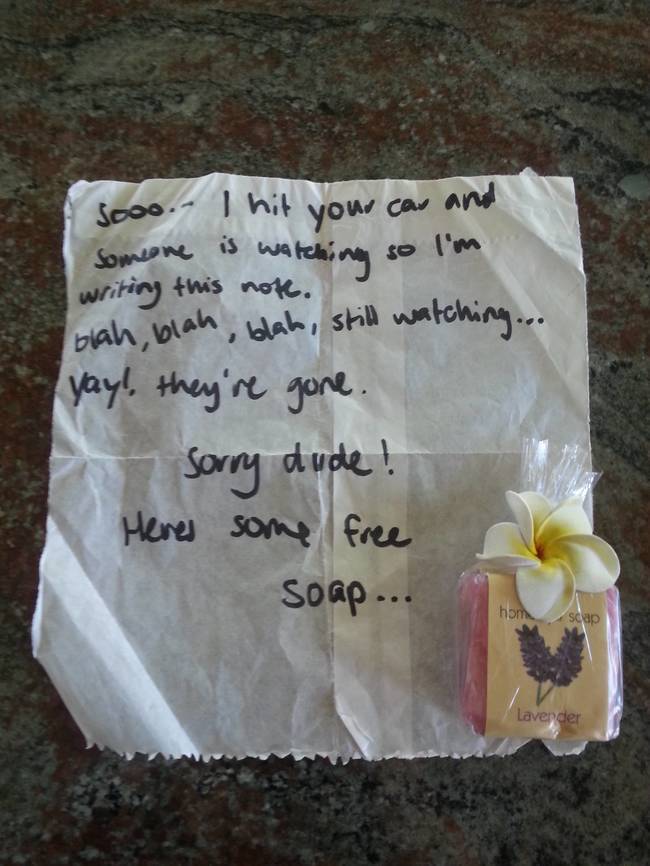 .."
.."
“I am sorry, but other people thought what I said was funny.”
“I’m sorry, but you started it.”
“I am sorry but I just couldn’t help it.”
“I am sorry, but I was just speaking the truth.”
Takeaway apologies can be worse than no apology at all, as they add insult to the original injury.
The One-Size-Fits-All Apology: "All those times..."
“I am sorry for all the things I have done that upset you.”
“I apologize for every bad thing I’ve done.”
Blanket apologies such as these seek to wipe the slate clean but may offer no indication a narcissist has any idea what he or she said or did that was hurtful.
The Get-Off-My-Back Apology: "Enough already..."
“Fine! I’m sorry, okay!”
“Okay, I am sorry, for chrissakes.”
“Give me a break, I am sorry, alright?”
“What do you want me to do, climb up on the cross?”
Either in words or tone, such grudging apologies don’t offer healing.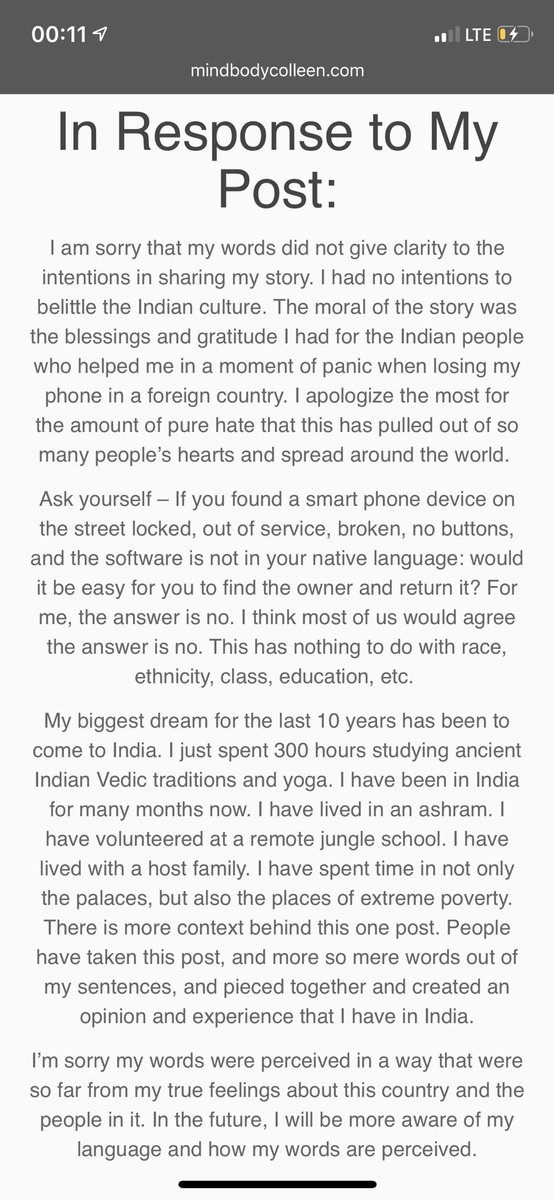 They may even feel like threats.
They may even feel like threats.
In narcissists' efforts to avoid blame, they often combine several fake apologies at once, such as, “I am sorry if I said anything to offend you, but I have strong opinions. Maybe you’re too sensitive,” or, “I guess I should tell you I am sorry. But you know I would never deliberately hurt you. I was just trying to help.”
A true apology, by contrast, has most or all of the following characteristics:
- Doesn't contain conditions or minimize what was done.
- Shows that the person apologizing understands and has empathy for the offended person’s experience and feelings.
- Shows remorse.
- Offers a commitment to avoid repeating the hurtful behavior in the future.
- Offers to make amends or provide restitution where appropriate.
Source: S_karau/Shutterstock
To apologize, one needs to honestly hear what happened from the other person’s point of view and how it affected them. But narcissists tend not to be interested in listening to others, particularly if the topic is something the narcissists may have done wrong.
As therapist and author Harriet Lerner wrote, “More than anything, the hurt party needs to know that we really ‘get it,’ that our empathy and remorse are genuine, that the feelings make sense, that we will carry some of the pain we’ve caused, and that we will do our best to make sure there’s no repeat performance.”
Unfortunately, expressing empathy and remorse is often a bridge too far for most narcissists.
Copyright 2020 Dan Neuharth Ph.D., MFT
A version of this post also appears on PsychCentral.
Facebook image: fizkes/Shutterstock
90,000 11 kinds of insincere apologies | PSYCHOLOGIES“Genuine remorse and apology can restore lost trust, heal emotional wounds, and restore relationships,” says family therapist Dan Newhart. “But insincere only exacerbate discord.” He identifies 11 varieties of such apologies.
1. "I'm sorry if..."
Such an apology is defective, because a person does not take full responsibility for his words and actions, but only "assumes" that something "could" happen.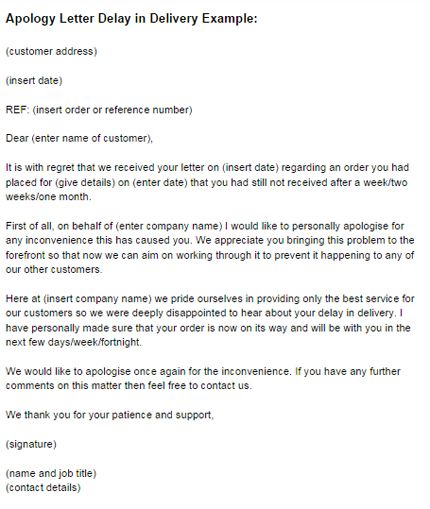
Examples:
- "Sorry if I did something wrong."
- "Sorry if that offended you."
2. "Well, I'm sorry if you..."
These words transfer the blame to the victim. It's not an apology at all.
- "Well, I'm sorry if you got offended."
- "Well, I'm sorry if you think I did something wrong."
- "Well, I'm sorry if you feel so bad."
3. "I'm sorry, but..."
Such an apology with reservations is not capable of healing the emotional trauma inflicted.
- "I'm sorry, but others in your place would not react so violently."
- "I'm sorry, although many would find it funny."
- "I'm sorry, although you yourself started."
- "Sorry, I just couldn't help it."
- "I'm sorry, although I was partly right."
- "Well, I'm sorry I'm not perfect."
4. "I just..."
This is a self-justifying apology. The person is claiming that what they did to hurt you was actually harmless or justified.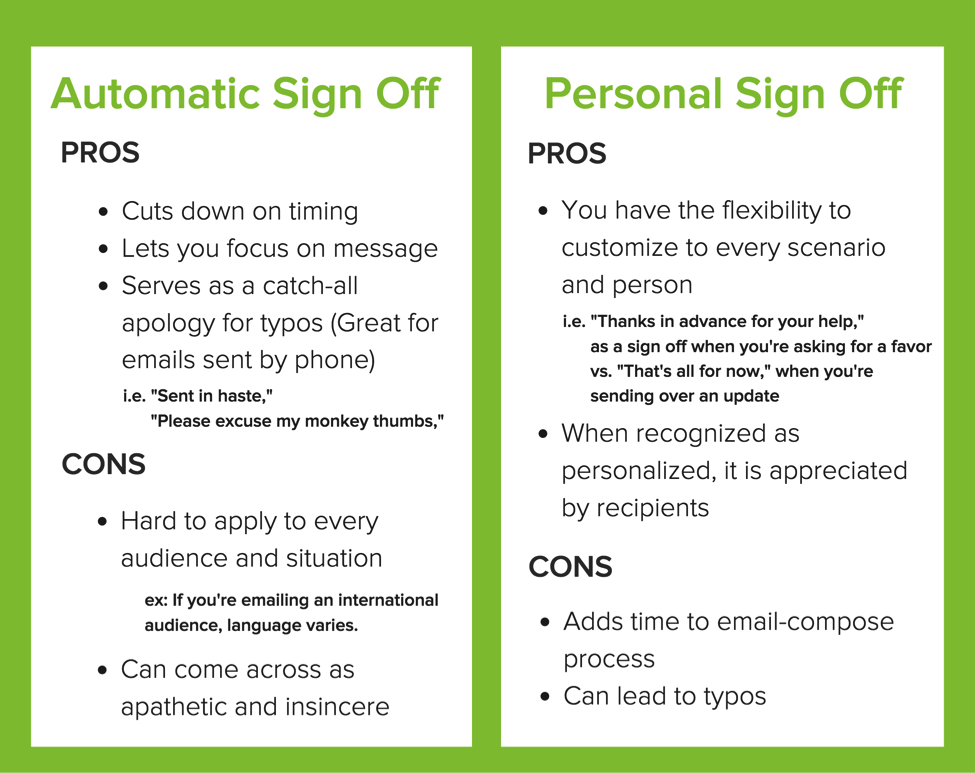
- "I was just joking."
- "I just wanted to help."
- "I just wanted to calm you down."
- "I just wanted to show you a different point of view."
5. “I already apologized”
The person devalues his apology by declaring that it is no longer necessary.
- "I already apologized."
- "I've already apologized for this a million times."
6. "I'm sorry that..."
The interlocutor tries to pass off his regret as an apology, while not accepting responsibility.
- "I'm sorry you're upset."
- "I'm sorry that mistakes were made."
7. “I understand that…”
He tries to minimize the significance of his action and justify himself without taking responsibility for the pain he caused you.
- "I know I shouldn't have done that."
- "I understand that I should have asked you first."
- "I understand that sometimes I behave like an elephant in a china shop.
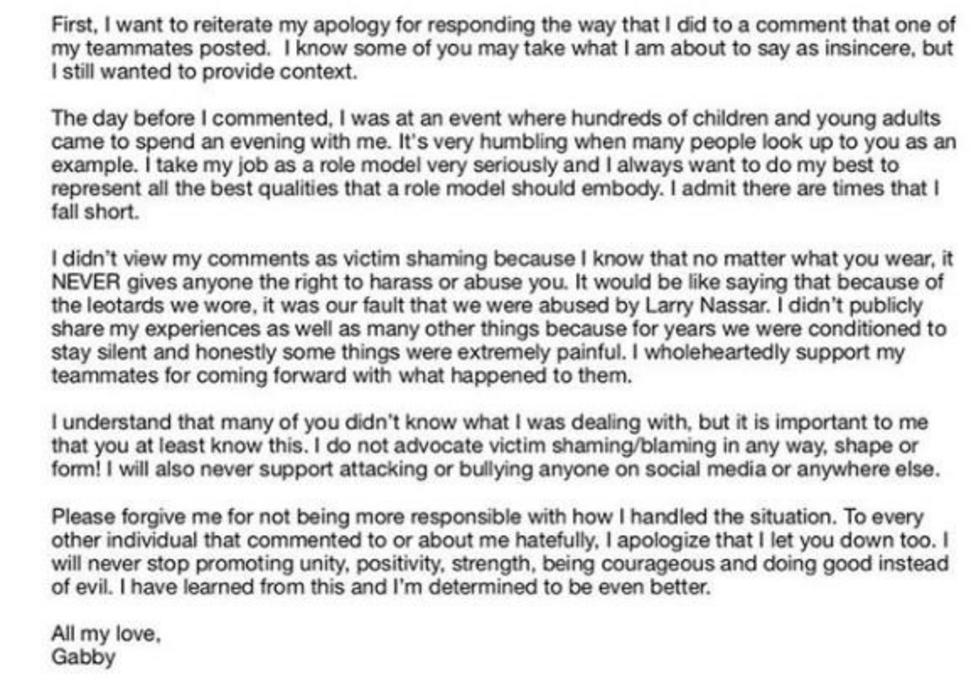 "
"
And another variety: "You know that I..."
He tries to pretend that there is really nothing to apologize for and that you shouldn't be so upset.
- "You know I'm sorry."
- "You know I didn't really mean it."
- "You know I would never hurt you."
8. “I will apologize if you…”
In this case, the offender requires you to “pay” something for his apology.
- "I'll apologize if you apologize."
- "I'm sorry if you promise never to bring this up again."
9. “Probably...”
This is just a hint of an apology, which is not really there.
- "I should probably apologize to you."
10. “[Someone] told me to apologize to you.”
This is someone else's apology. The offender apologizes only because he was asked to, otherwise he would hardly have done it.
- "Your mother told me to apologize to you."
- "A friend said I owe you an apology.
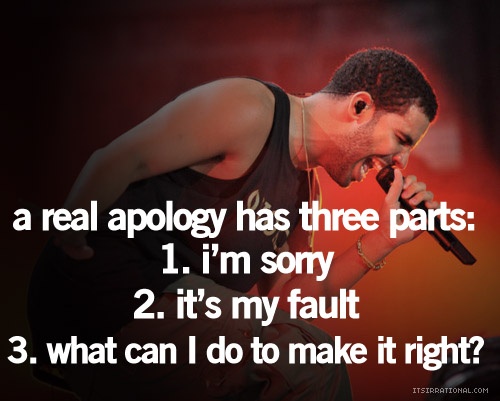 "
"
11. “Okay! Sorry! Satisfied?"
This "apology" sounds more like a threat in its tone.
- “That's enough! I've already apologized!"
- “Stop pestering me! I apologized!"
If a person asks for forgiveness sincerely, he:
- does not set any conditions and does not try to minimize the significance of what happened;
- shows clearly that he understands your feelings and cares about you;
- really repents;
- promises that this will not happen again;
- if appropriate, offers to somehow repair the damage.
“Any apology is meaningless if we are not prepared to listen carefully to the victim and understand the pain they have caused,” says psychotherapist Harriet Lerner. “He must see that we really understood this, that our sympathy and repentance are sincere, that his pain and resentment are legitimate, that we are ready to do everything possible so that what happened does not happen again.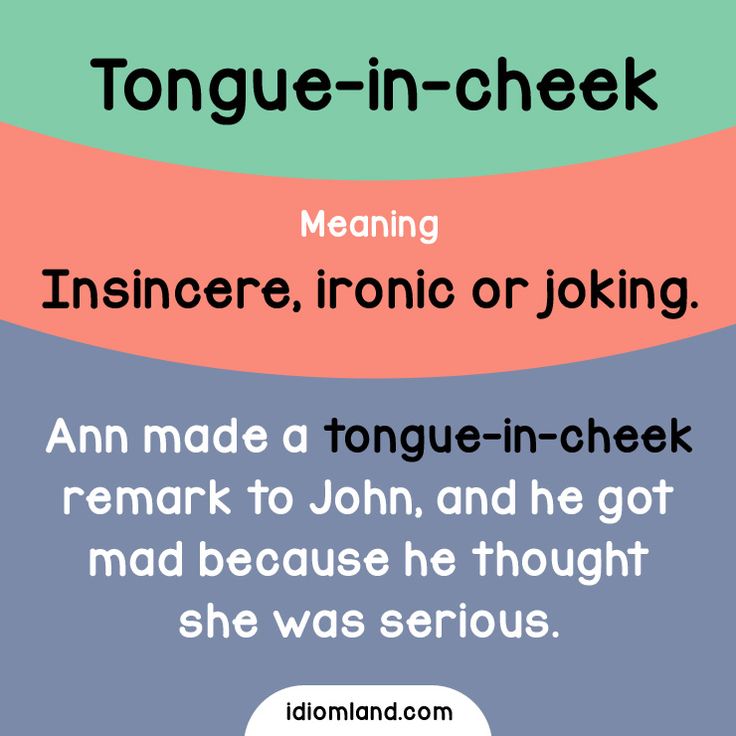 ” Why do so many try to get away with insincere apologies? Perhaps they feel like they haven't really done anything wrong and are just trying to keep the peace in the relationship. Maybe they are ashamed and try their best to avoid these unpleasant feelings.
” Why do so many try to get away with insincere apologies? Perhaps they feel like they haven't really done anything wrong and are just trying to keep the peace in the relationship. Maybe they are ashamed and try their best to avoid these unpleasant feelings.
“If a person almost never apologizes for their mistakes and misdeeds, they may have reduced empathy or suffer from low self-esteem or a personality disorder,” says Dan Newhart. Whether it is worth continuing to communicate with such a person is the subject of a separate conversation.
10 ways to ask for forgiveness that will only make things worse
September 18, 2021Relationships
No apologies are better than insincere ones.
Share
0 The word "sorry" is not a magic spell. By itself, it does not heal resentment and does not correct the situation. Therefore, it is not enough just to ask for forgiveness, it is important to do it right. If you are truly remorseful and want to improve your relationship, avoid these methods.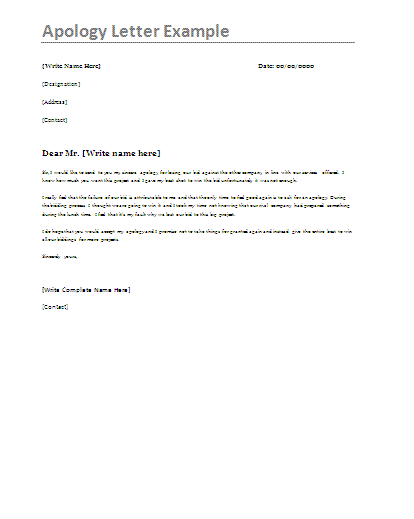
1. Shift responsibility to circumstances
- “I'm sorry I yelled at you for no reason. It's all Mercury retrograde."
Being guilty is unpleasant, so the desire to make excuses and share responsibility with someone or something is logical and understandable. The offender has every right to analyze his behavior and understand what caused it.
First, it will help prevent this from happening in the future. Second, it will make you feel better. As Homer Simpson said, “You can't always blame yourself for something. Blame yourself once and move on with your life."
But if someone wants to sincerely apologize and make contact with the person they offended, they will have to take responsibility. Maybe the boss is to blame, the evil dog and the Moon in Capricorn, but he did or said something unpleasant. And that's what you need to apologize for.
2. Shift responsibility to the victim
- “I'm sorry I yelled at you.
 But you always climb under the arm.
But you always climb under the arm.
Any "but" construction is bad for an apology. This union in this case automatically cancels everything that was said before it. And if there is a further claim against the victim, everything looks like an accusation that he forced him to upset.
Of course, if the goal of the offender is a "white" reputation, then this is a completely working technique. But if he does not want to spoil relations with a person, it is better to take responsibility again.
3. Emphasize the victim's reaction
- “I'm sorry that you were upset because of my words…”
Again, the unwillingness to take responsibility. There is no remorse or sympathy on the part of the offender. But there is an attempt to shift the focus to the reaction of the one to whom he apologizes. It looks very generous: they say, I didn’t do anything special, but since you are so sensitive and upset, then I’ll beg your pardon.
Human emotions are a reaction to words or deeds.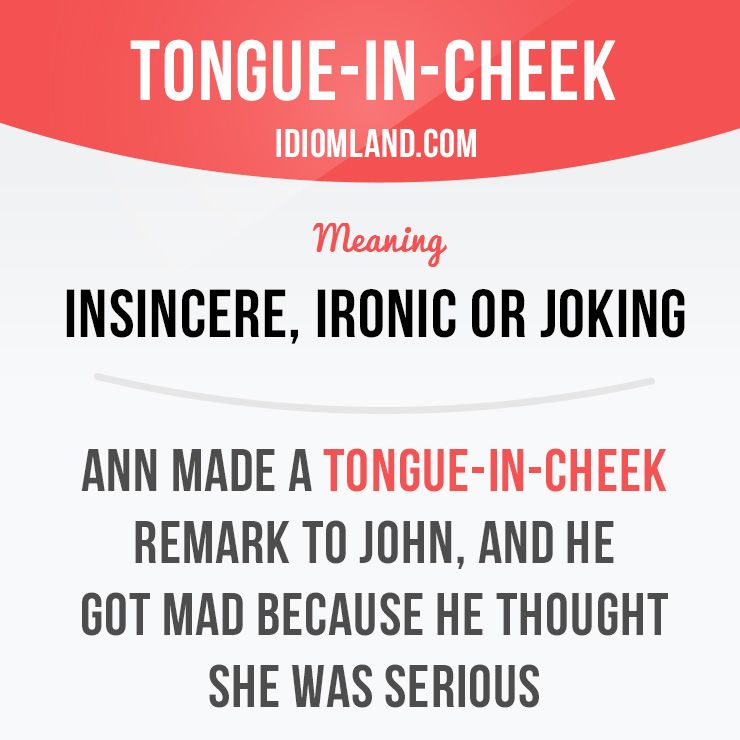 Perhaps they seem excessive to the offender, but the victim already experiences these feelings, and they must be reckoned with.
Perhaps they seem excessive to the offender, but the victim already experiences these feelings, and they must be reckoned with.
4. Pull the blanket towards you
- “Sorry! I am so worried about this, I don’t sleep or eat…”
A little more, and the victim himself will rush to ask for forgiveness for making the offender worry. Surely he will say that nothing terrible happened, he himself is also to blame and, of course, accepts the apology. The manipulation was a success, and this is precisely it - there is no smell of apologies here.
5. Trying to hush up the conflict
- "I'm sorry, and let's forget about it."
Apologies don't work like a Men in Black neutralizer. They do not erase the wrongdoing and its consequences. It's one thing when someone stepped on the victim's foot - it's usually easy to forget about it. And when the offender stepped on his foot and broke it before an important sporting event, this case will surely come to mind more than once.
And that's okay. One person screwed up the order, although he didn’t do it on purpose (I would like to think so). And the second can experience a whole range of feelings, periodically sliding into anger and despair. So you need to give him time to accept the situation.
6. Trying to buy forgiveness
- "Sorry, here's your smartphone."
This only works if the perpetrator has previously broken the same smartphone. There is nothing wrong with gifts, but there is a caveat when it comes to apologies. It all looks as if the offender is not very sorry. Now he will exchange a gift for forgiveness, and then he will continue to do what he did, because apologies are so easy to buy.
7. Devalue the victim's feelings
- “Sorry I broke your favorite mug. But it's for luck! And she was really old."
An incident that means nothing to one person may be a tragedy for another. And you need to ask for forgiveness in proportion to the damage done.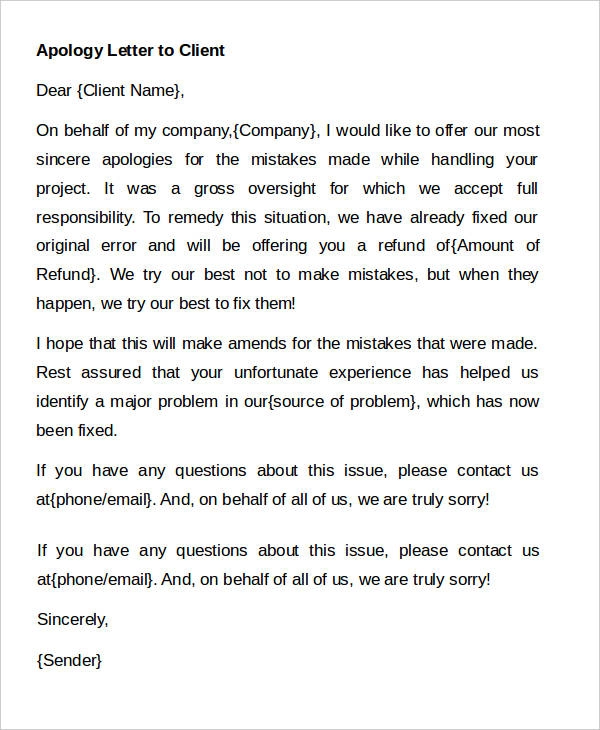
The offender may feel that he is helping the victim to be less anxious by reducing the problem. But it works in the same way as the recommendation “just don’t worry” to a person who is worried - nothing.
8. Apologize for show
- “I'm sorry if…”
There is even a special term for this case in English - ifpology ifpology, which was obtained by merging the words "if" and "apology". It means that a person asks for forgiveness just like that, without realizing why and without feeling guilty. But if the victim was suddenly hurt or offended, then he apologized, what's the problem? But there is no sincerity in such an approach.
9. Bargaining
- “I'll beg your pardon if you never…”
Obviously it doesn't work that way. The offender will simply have to apologize, perhaps insincerely. To the victim - to do something, and even to forgive, and this involves some emotional work. Extremely bad deal.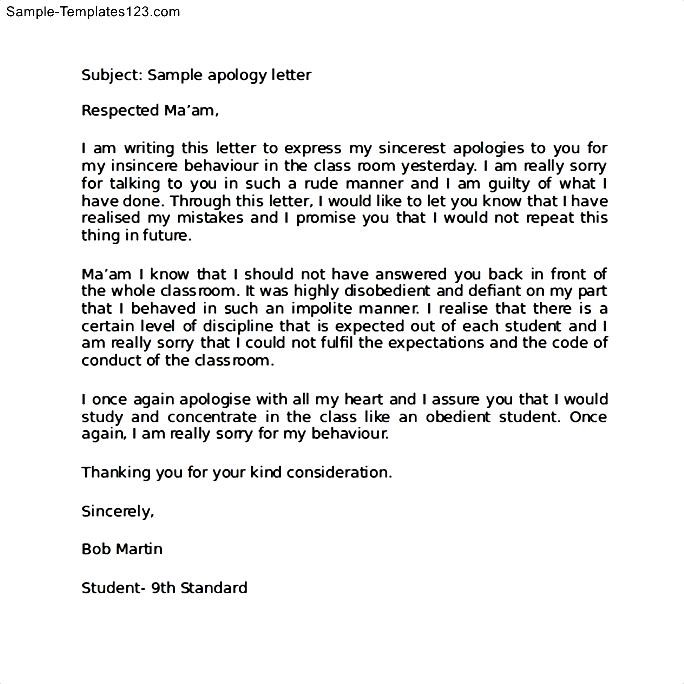
10. Don't jump to conclusions
- "Sorry, I did it again, but I won't do it again."
Apologies alone don't work unless they are followed by behavior modification. Their meaning is to let the victim understand that the offender has realized the problem, understood what he did wrong, and will try to avoid this in the future. Otherwise, the value of an apology will plummet with each new offense.
How to ask for forgiveness: a checklist
- Realize what the problem is and what went wrong. It is important to apologize not in order to relieve yourself of the burden of responsibility or to improve your mood. The main thing here is the feelings of the victim. And therefore it is necessary to understand what exactly he is experiencing.
- Make it clear to the person that you understand his feelings and that you are sorry that you caused them.
- Admit your guilt or wrong, take responsibility for them.
- Express readiness to minimize damage, if any.
